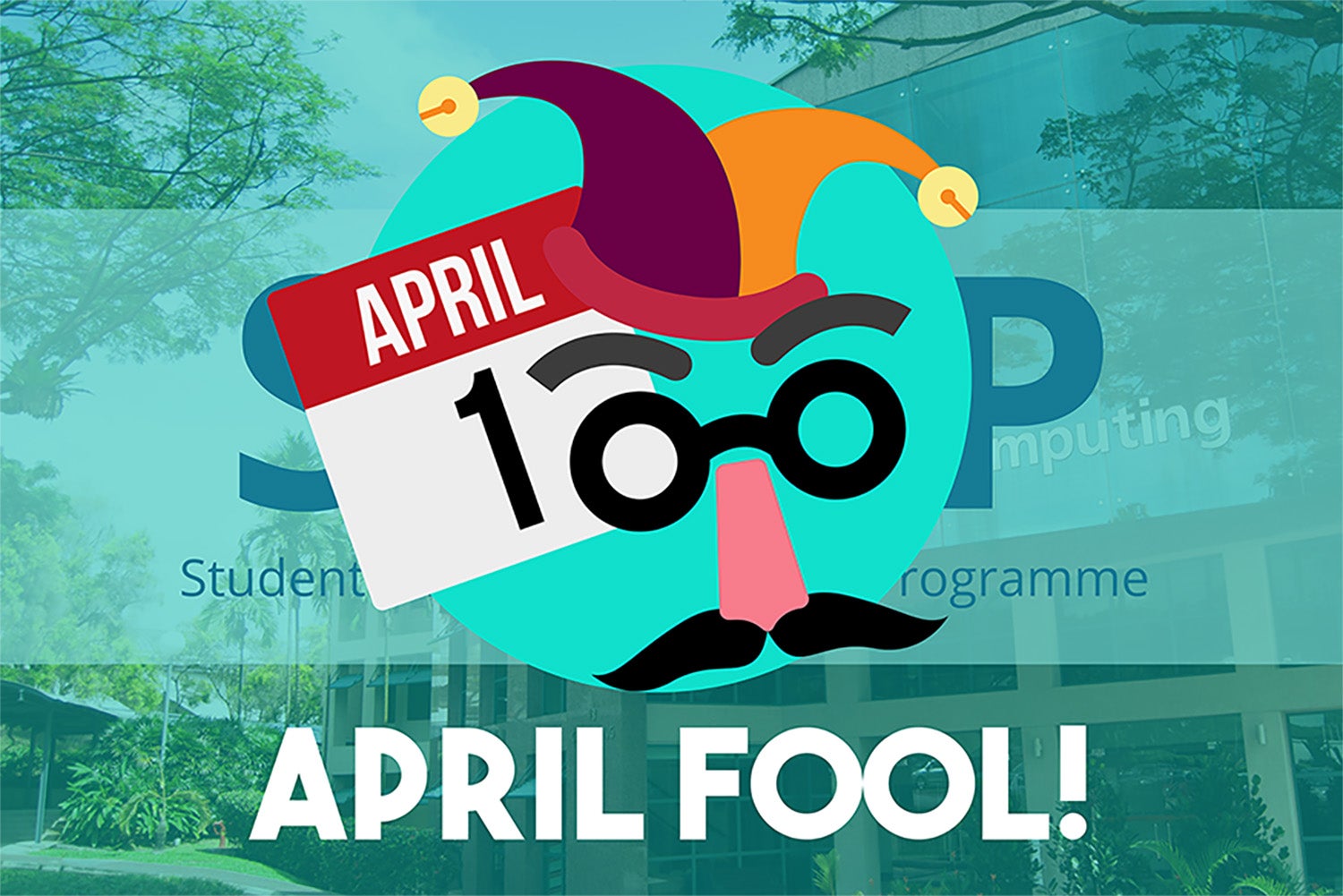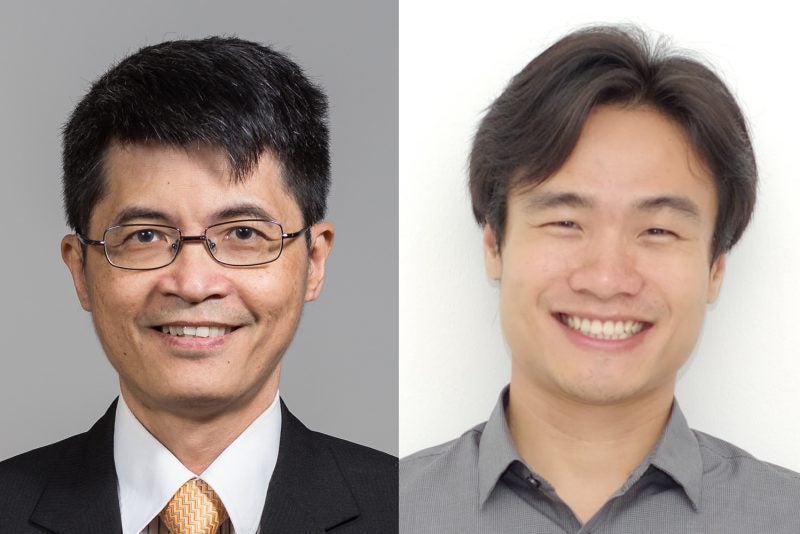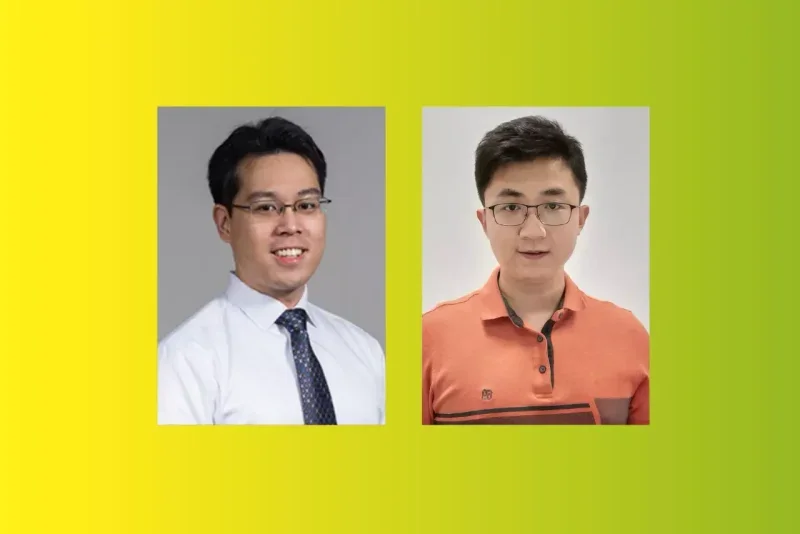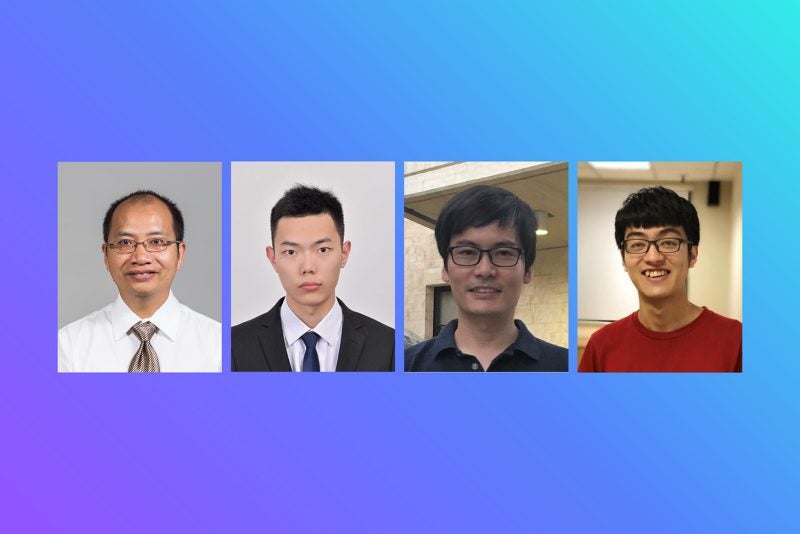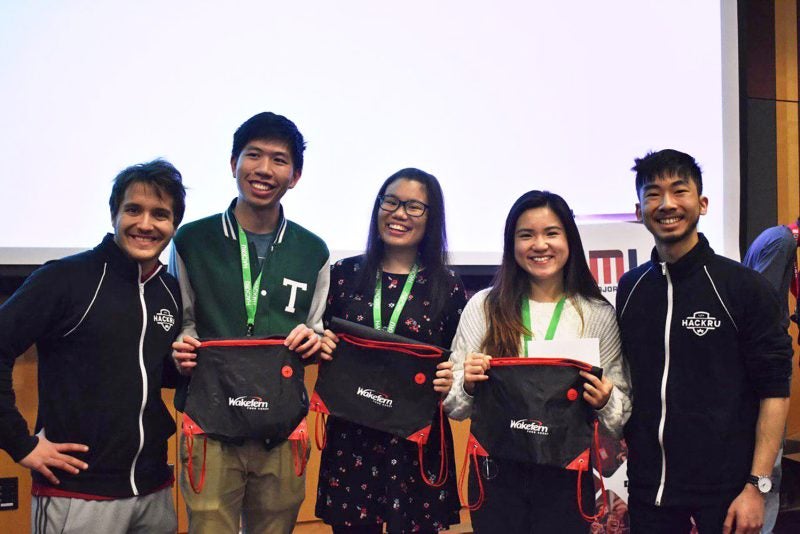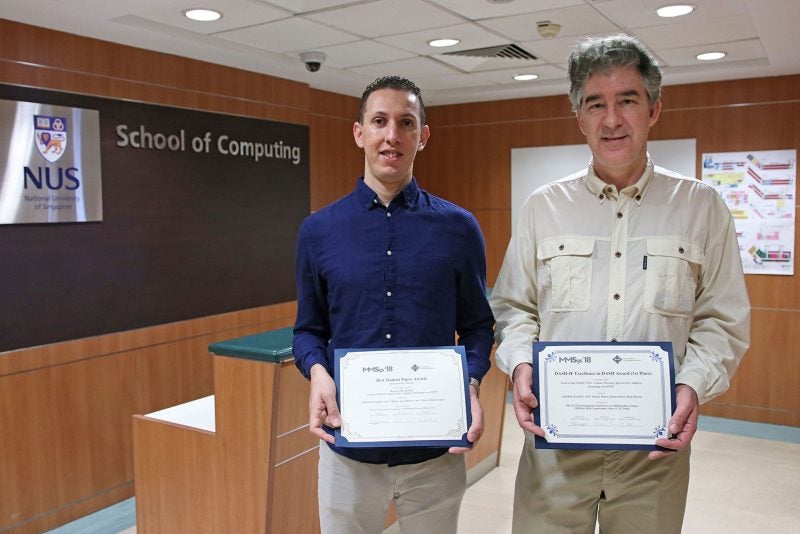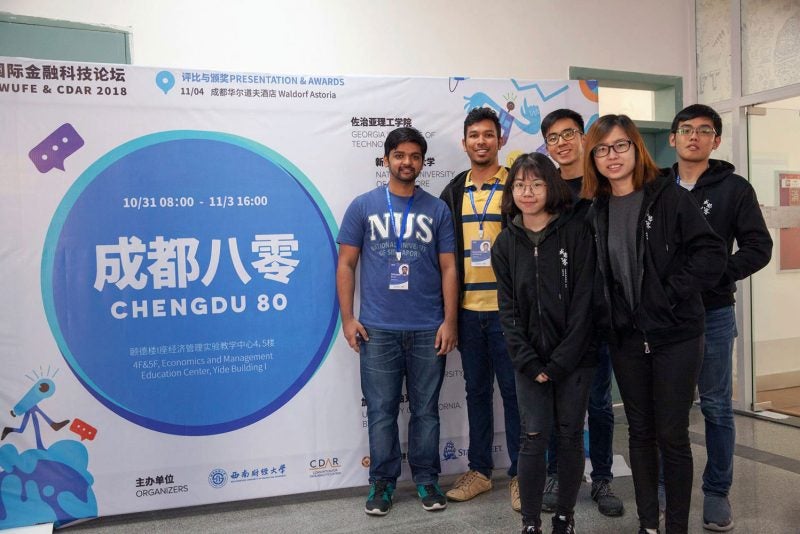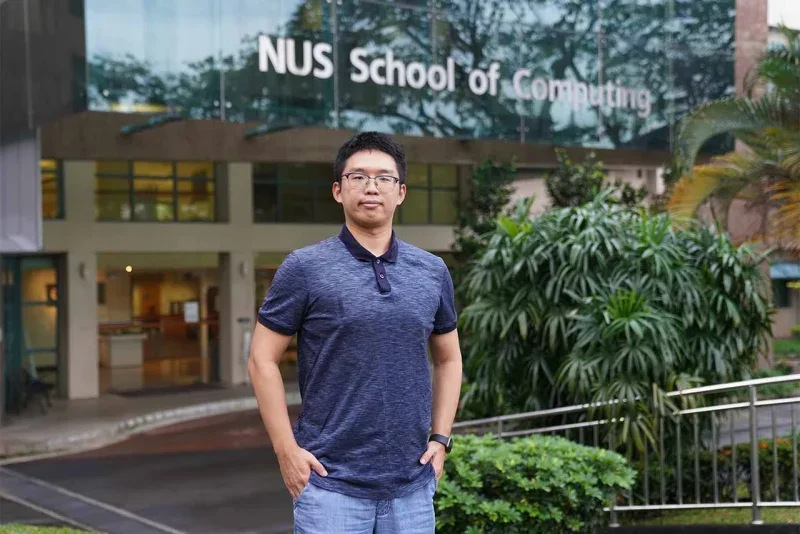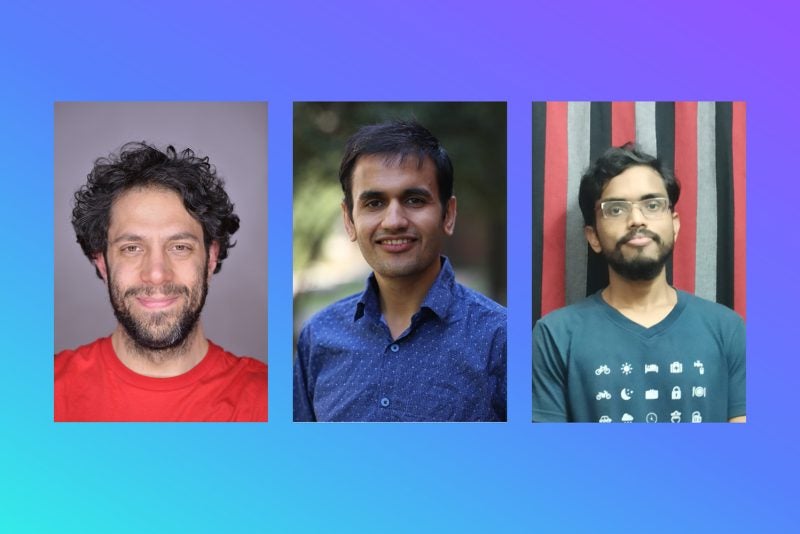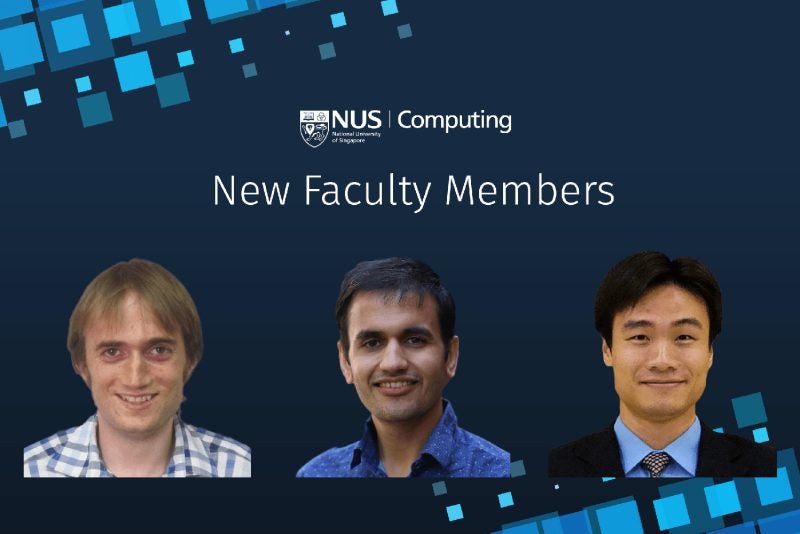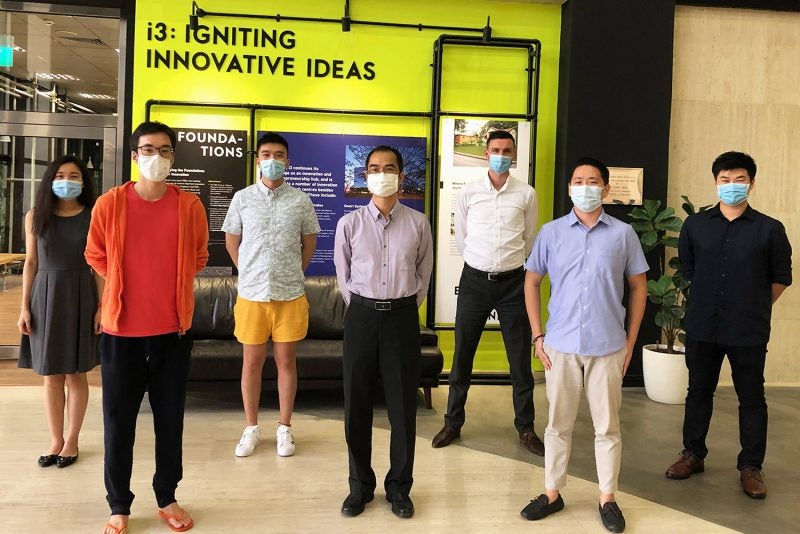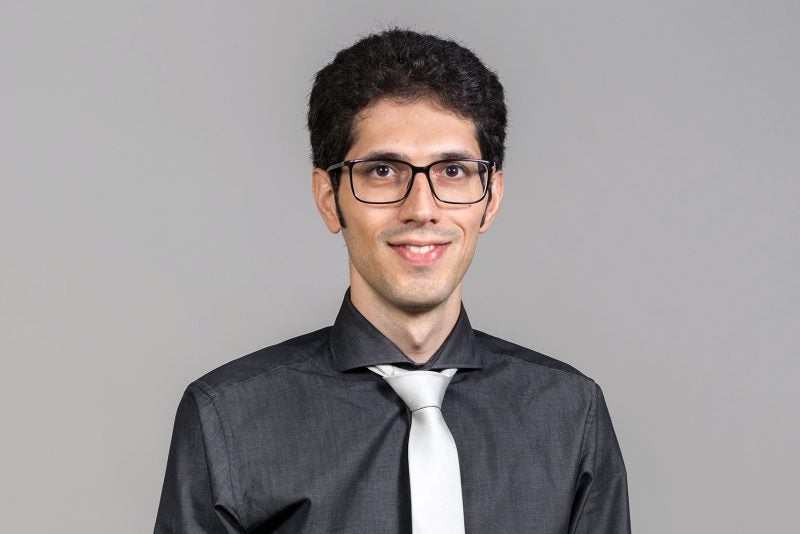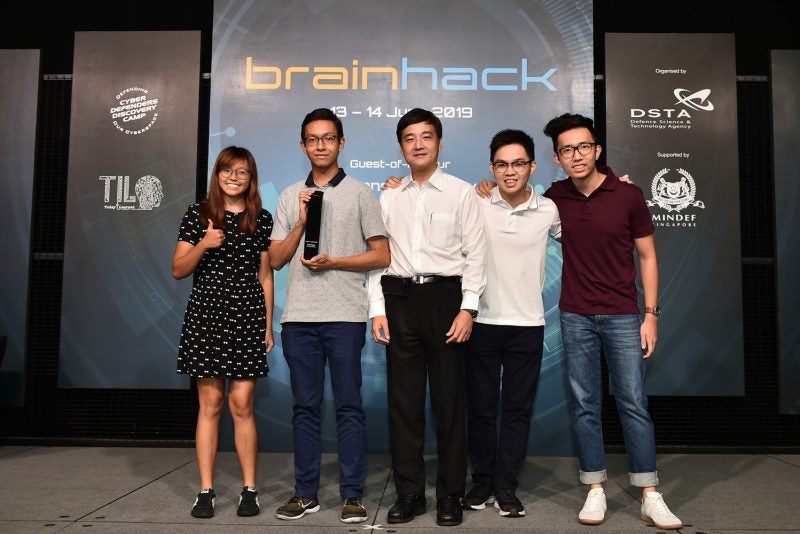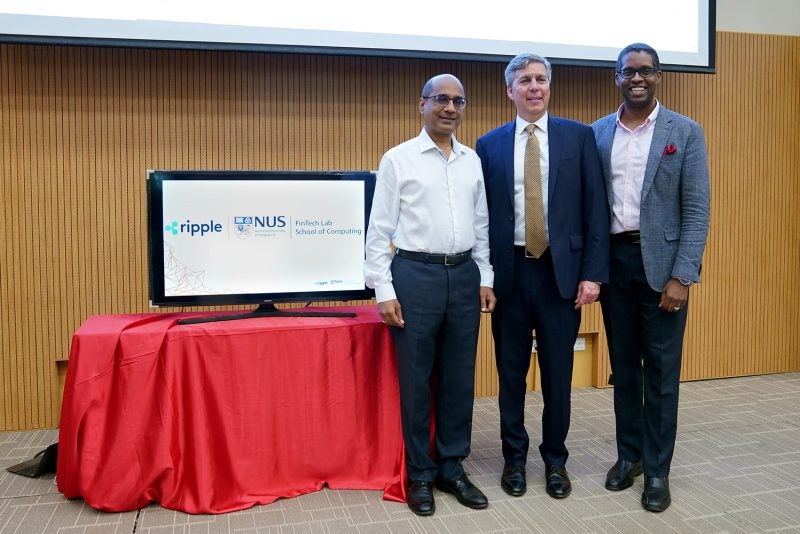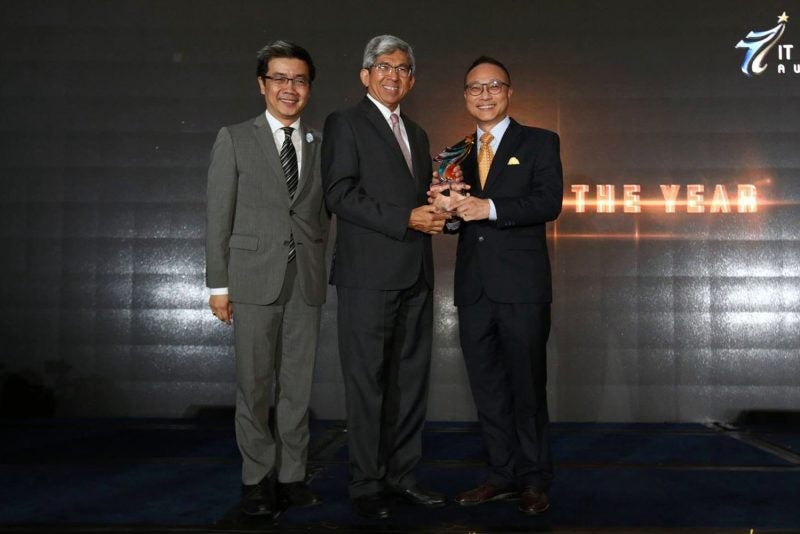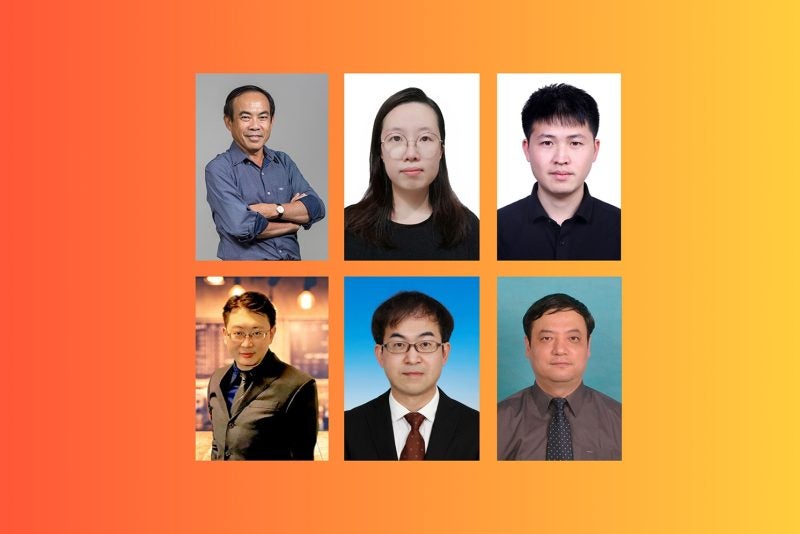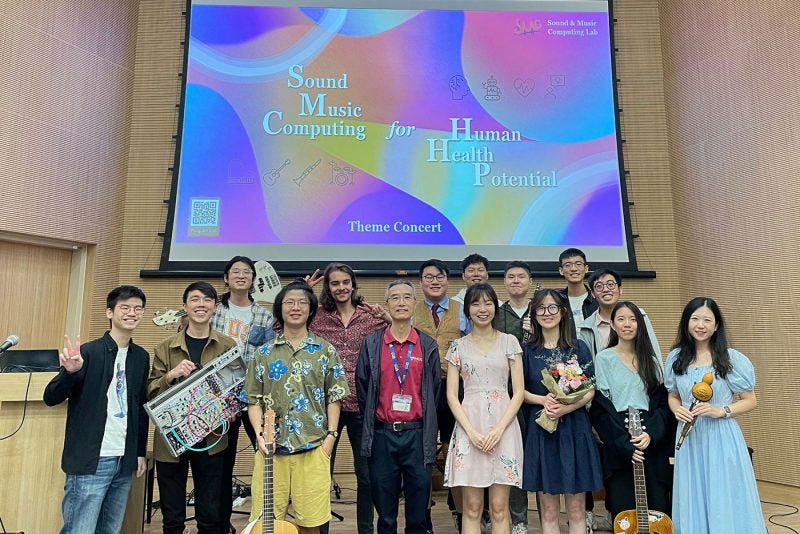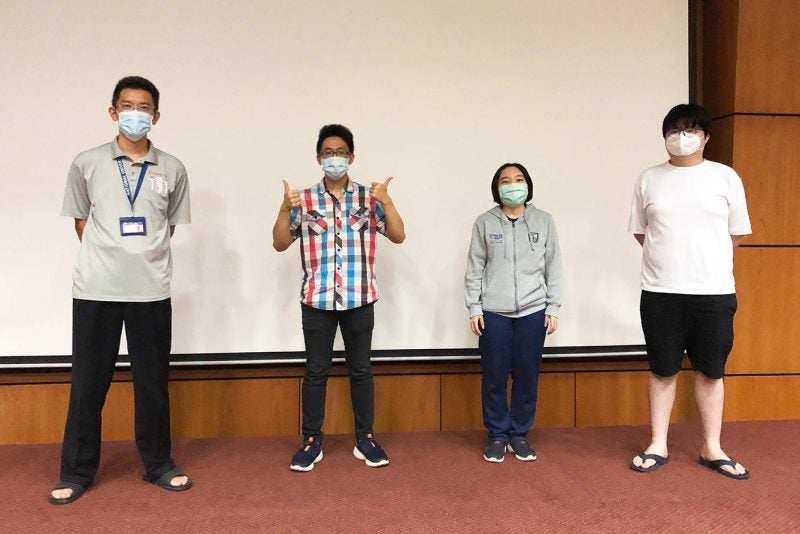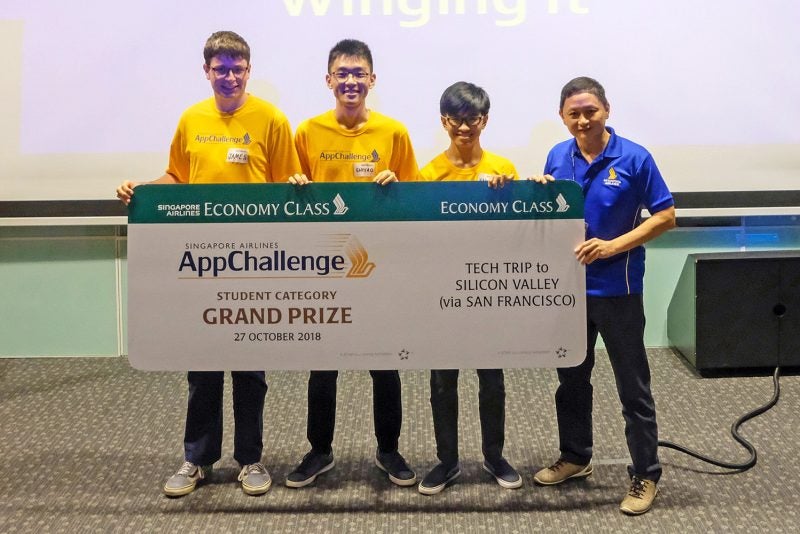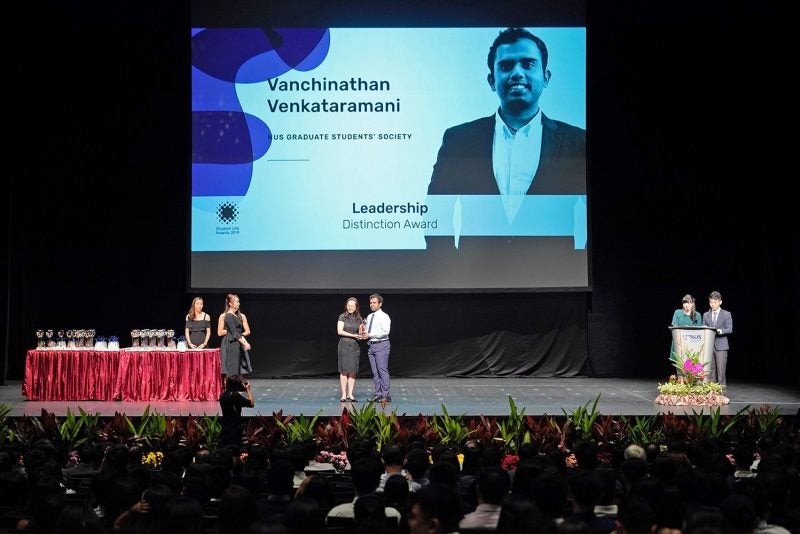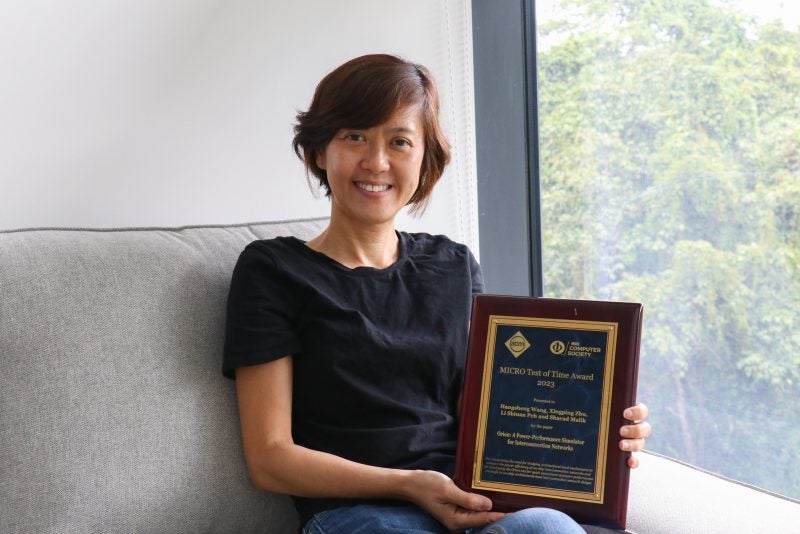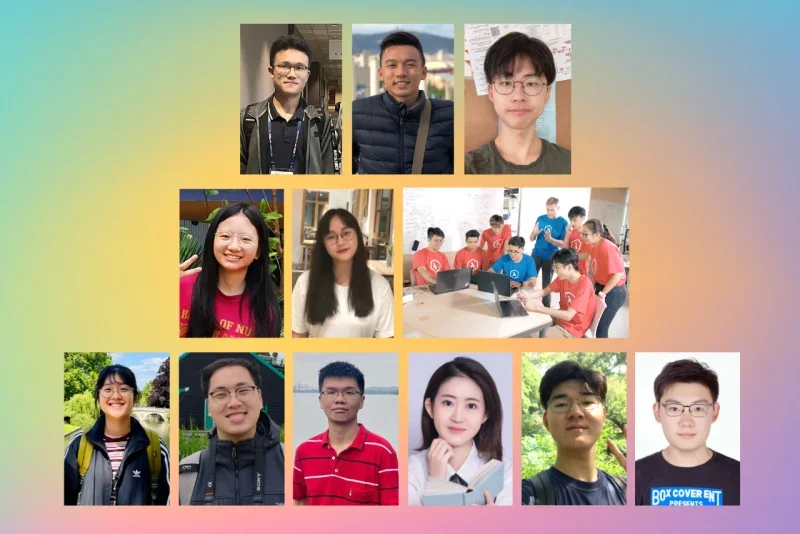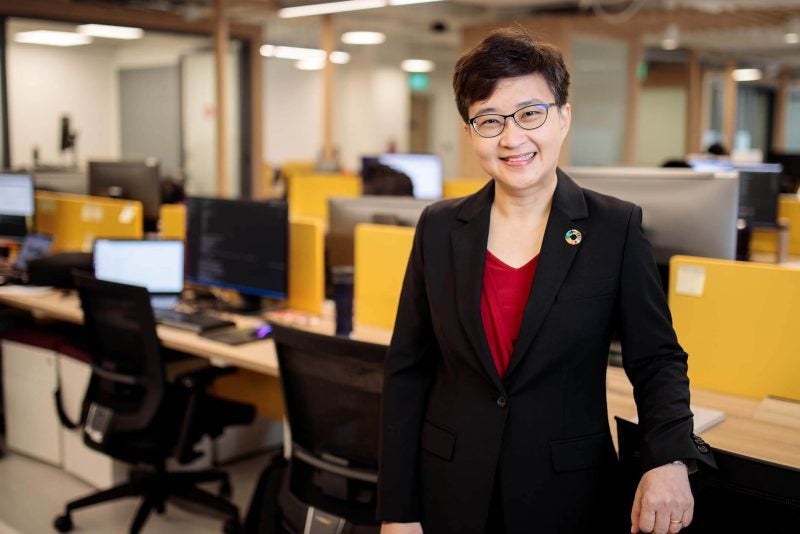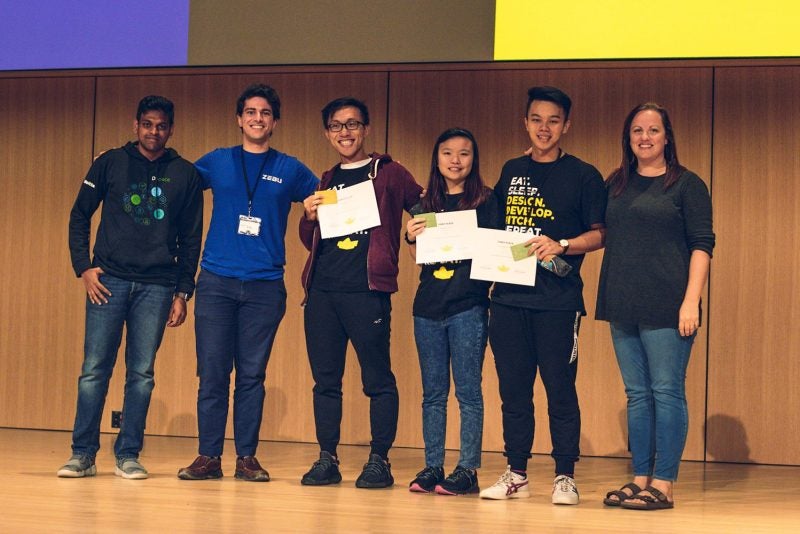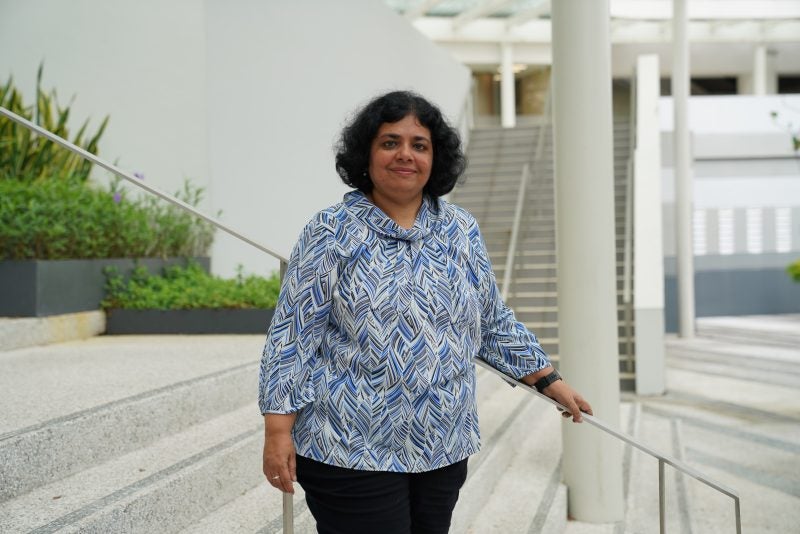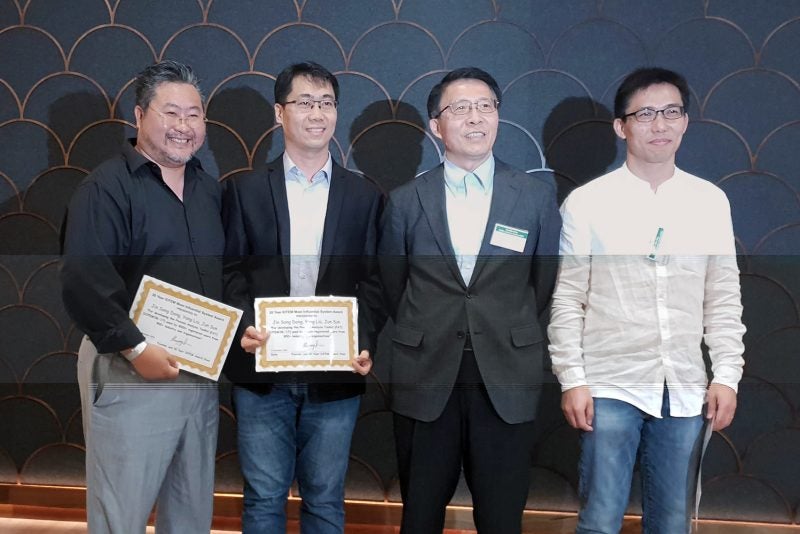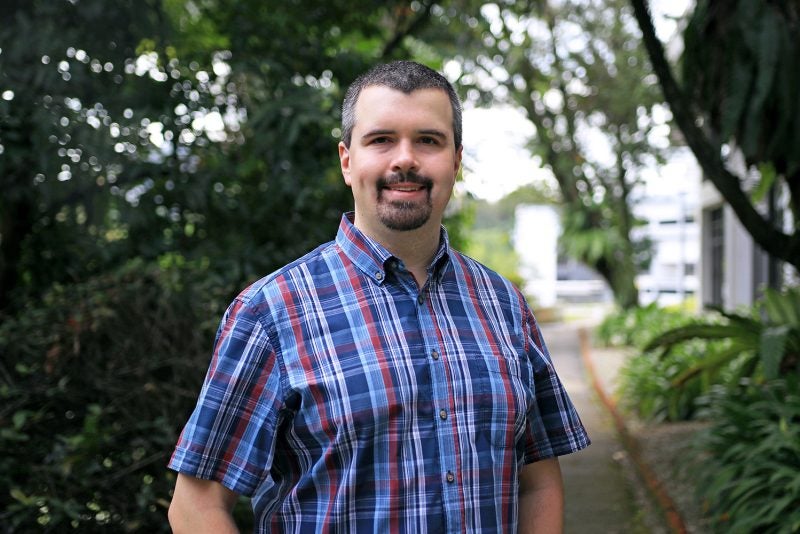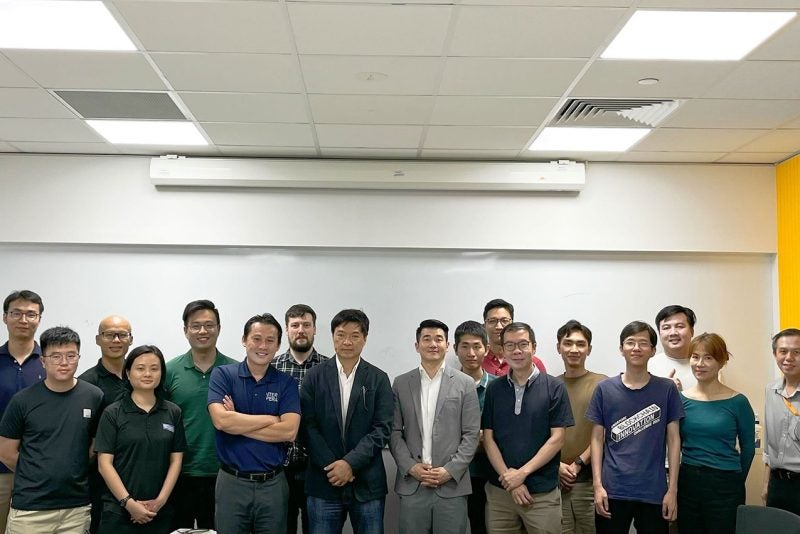1 April 2018 – NUS Computing students who manage to catch eight hours of sleep a day will receive a boost in their Cumulative Average Point (CAP) in the next semester.
The Student Lull Encouragement Programme (SLEeP) is the first initiative in the world to encourage tertiary students to get adequate rest. The pilot project will be rolled out to all NUS Computing undergraduates in the upcoming Academic Year in August 2018.
All NUS Computing students will be given a sleep tracker wristband that monitors the wearer’s sleep patterns. Students who achieve an average of eight hours of sleep throughout the semester’s 17 weeks will receive an additional 0.1 grade point to their CAP score.
According to recent research, Singaporeans are among the most sleep deprived people in the world. Local research has also revealed that students suffer from greater sleep insufficiency compared to other age groups. Causes for sleep deprivation have been linked to late-night studying, surfing the Internet, playing games on the computer or drinking caffeinated drinks before bedtime, activities which Computing students are constantly engaged in. NUS Computing students have one of the worst sleep deprivations among all NUS students.
“Staring at a screen in the middle of the night is what Computing students do,” said Year 1 Information Systems student Boris Seah. “If you aren’t up all night coding, studying or wasting your time on the Internet, you aren’t a Computing student. Staying up through the night is part of the computing life.”
Dr Colin Tan, chairman of the SLEeP initiative, believes that the programme will encourage students to better engage in class when they are well-rested. “Students are always coming in to my lectures with eyebags as black as the night and they always end up sleeping halfway while I’m teaching,” Dr Tan added. “Computing students are becoming real-life zombies, vampires and other otherworldly creatures.”
He also mentioned that SLEeP was created to improve student well-being and to remind them to take care of their physical health. “Grades are not everything and CAP is not forever,” said Dr Tan. “SLEeP will remind students to rest and to take care of themselves. In short, SLEeP will be like the naggy parent that students moved to halls to avoid.”
Year 3 Computer Science student Ng Fun Gao welcomes the new move, and is excited to catch more sleep. “I don’t think I have slept for more than 6 hours since university started, actually I think the last time I had a proper rest was when I was a baby,” Fun Gao added. “I can’t wait for my ‘panda eyes’ to disappear and to start looking like a normal human being again.”

